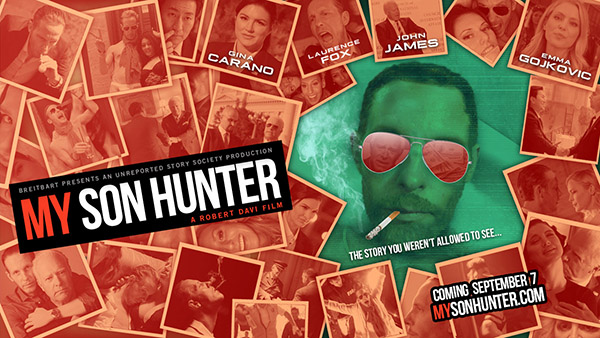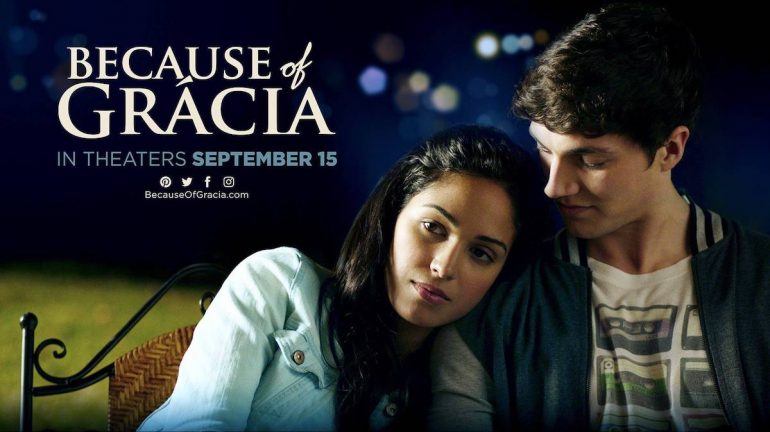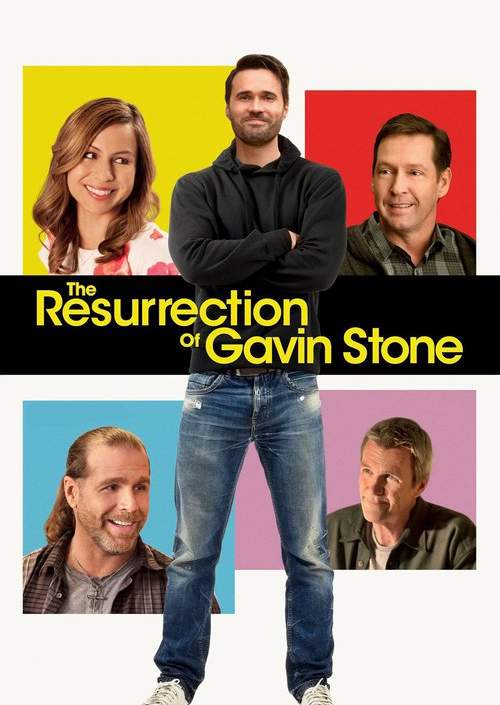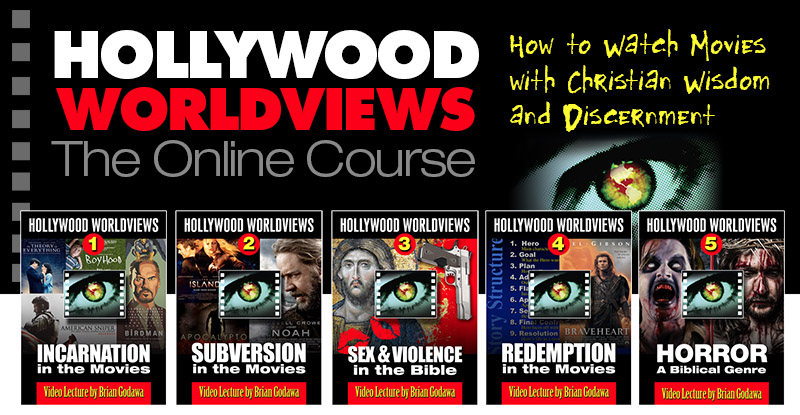For anyone who has ever felt like they don’t belong, like they’re an outcast, or that they aren’t in the in crowd or that they don’t have that something special that others seem to have, or that they must be weird or an oddball and feel alone in a crowd – which pretty much describes me, which is why I loved this story.
The long awaited sequel to Monsters, Inc from 2001, brings back Billy Crystal and John Goodman in their roles as Mike and Sullivan, two lovable monsters seeking to be the best at scaring little children. This is an origin story about how they first met in college, that is Monsters University, and became the unlikely team that we saw in the original.
Though not as fresh as the original, and a little slow at the start, Pixar still does it right with this one by placing this story of identity, self-worth, individualism and team spirit into the fun environment of a university that gives degrees to monsters on scaring the real world.
We see that Mike has struggled all his life with simply not being scary. And yet that is all he wants to be. He is the typical nerd monster in grade school that everyone teases and laughs at. But he finds a way to make it into Monsters University, where he meets Sullivan, the monster with a pedigree of scariness, but a troublemaking slouch who doesn’t follow the rules, doesn’t try hard enough, and gets stuck with the Losers because of his irresponsibility.
So when they become roommates at the fraternity, OK (Oozma Kappa), which consists of nerds and outcasts, and an old guy going back to school, they begin in conflict because Sullivan sees they are all losers, but Mike believes if they try hard enough, they can all win the big Scare Contest of fraternities, and whoever wins, the entire frat or sorority gets to be included in the Scare Program, the elite degree that sends a lot of monsters to become quality scarers of children.
Needless to say, the nerds want to be accepted by the “in crowd,” who mocks them, Sullivan struggles with being a failure to live up to his family name by being with a bunch of losers, and Mike is the eternal optimist who believes that if everyone works hard enough, we can all achieve our dreams.
This is a wonderful story about appreciating the special value of each person as we discover that even the nerds and outcasts of the world have talents or special qualities that make them valuable people in the world. And it also deals with the issue of acceptance of those whom we deem “losers” because they can be among the most kind or giving people. But also, it is a journey for Sully who discovers quality people are more important than “cool people,” and he is just as frail with his own securities and fears as anyone else in the world. And Mike learns that you can’t always achieve what you want just by hard work, but you can apply your special skills in a way that achieves a special result anyway.
Both Mike and Sully learn that being a part of a team is more important than being a celebrity individual as they both fight to be the team leader (and therefore derail their success), until they learn to use their talents together. In fact, at the big climax, Mike, who seems to be cursed with the inability to EVER BE SCARY (the little monster is so lovable), finally learns to use his passionate book knowledge and study of scaring to help orchestrate Sully’s natural scaring skills to end up creating the biggest scare in the history of the University. Together, Mike uses his brains, and Sullivan his brawn to be the successful team they could not be alone.
So there is a lot of great heartwarming stuff about the value of being a team player and the selfishness of our individualistic “celebrity” culture mindset. The monsters don’t start “winning” until they embrace their specialness and utilize what talents they DO have as a team to accomplish their goal. And everyone has specialness, even the nerdiest nerds and the dorkiest dorks. And that is what results in success. But it doesn’t wrap up too easily or without some pain – just like real life.
SPOILER: One particularly poignant plot element is that Oozma Kappa does not win the tournament because of cheating by Sully, who wanted to help Mike. BUT, we see that they quit the school and work their way up at Monsters Inc. from the mailroom department to be the Scarers they are in Monsters Inc. This is a wonderful positive rejection of our bigoted “higher education” society that breeds the monstrous lie of the Enlightenment that Education is Salvation: Everyone needs a college education to make it in this world. But the fact is that entrepreneurs with passion who don’t fit in with that world of college (Like Bill Gates, AHEM) can achieve great things through their passionate pursuit and dedication to excellence and hard work.
For the Losers in all of us, this is a must see.






